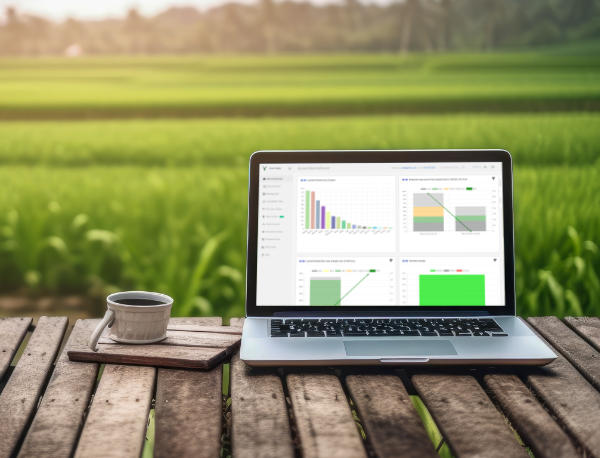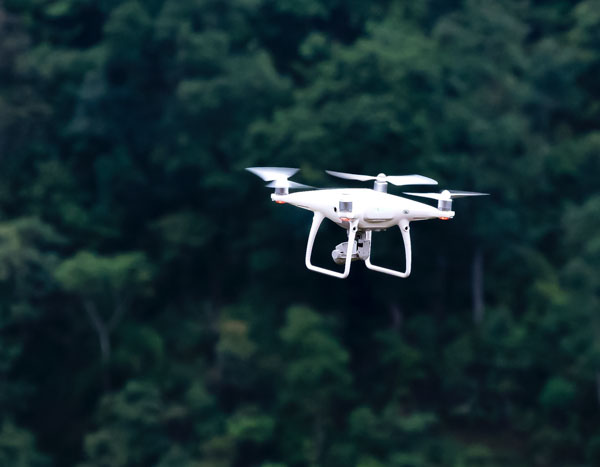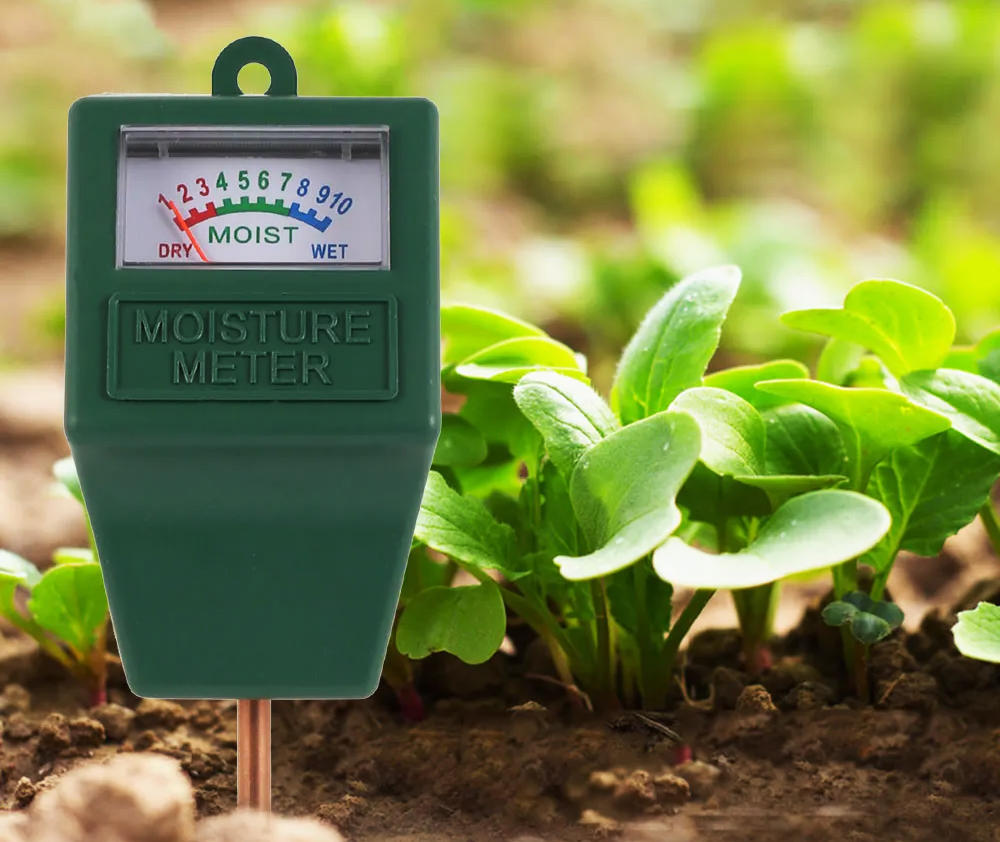Technology plays a significant role in today’s farm management. AgTech is transforming the way farmers manage their crops, livestock, and farmland. From sensors to software, from artificial intelligence to blockchain, technology is enabling farmers to increase productivity, reduce costs, and improve sustainability. In this blog post, we will explore some of the ways technology is helping farmers to further improve their effectiveness and profitability.
Farm Management Software

Today farmers have a variety of different technologies available for them. In many ways farm management software is the central hub that hosts the collected farm data. From there farmers can use the available data to further optimize farm’s productivity, profitability, and sustainability. With farm management software, farmers can easily plan, monitor, and analyze their crops, livestock, finances, and resources. Farm management software also helps farmers comply with regulations, reduce risks, and improve environmental performance. Farm management software is not just a nice-to-have, but a must-have for any farmer who wants to succeed in the modern agricultural industry.
Drone Technology for Farm Management

Drones are unmanned aerial vehicles (UAV) that can fly over large areas and capture high-resolution images and data. Drones can help farmers to perform crop scouting, monitor crop health, soil moisture, pest infestation, and irrigation needs. Drones can also spray pesticides, fertilizers, and seeds, saving time and labor. Drones can also assist with livestock management, such as tracking animal movements, detecting diseases, and delivering feed.
Sensor Importance and Practicality

Sensors are devices that measure physical or chemical properties and transmit data wirelessly. Sensors can be installed on the ground for irrigation management, on plants, on animals, or on machinery. Sensors can help farmers collect real-time information on soil quality, weather conditions, crop growth, animal health, and equipment performance. Sensors can also alert farmers to potential problems or opportunities, such as water stress, nutrient deficiency, disease outbreak, or market demand. Often these sensors send data directly to farm management software.
Artificial intelligence

Artificial intelligence (AI) is the ability of machines to perform tasks that normally require human intelligence, such as learning, reasoning, and decision making. AI can help farmers analyze the data collected by drones and sensors and provide insights and recommendations. AI can also help farmers automate tasks such as planting, harvesting, sorting, grading, and packaging. AI can also help farmers optimize their operations by predicting crop yields, forecasting demand, managing inventory, and planning coordination.
Blockchain Significance in Farm Mangement
Blockchain is a system of storing and sharing data in a secure and transparent way. Blockchain can help farmers improve traceability and accountability in the food supply chain. Blockchain can also help farmers access financing, insurance, and markets by creating digital records of their assets, transactions, and contracts. Blockchain can also help farmers reduce fraud, waste, and intermediaries by enabling peer-to-peer transactions and smart contracts.
These are just some of the examples of what technology exists and how it helps with farm management. Technology is not only making farming more efficient and profitable but also more sustainable and resilient. Technology is empowering farmers to produce more food with less resources and less impact on the environment.